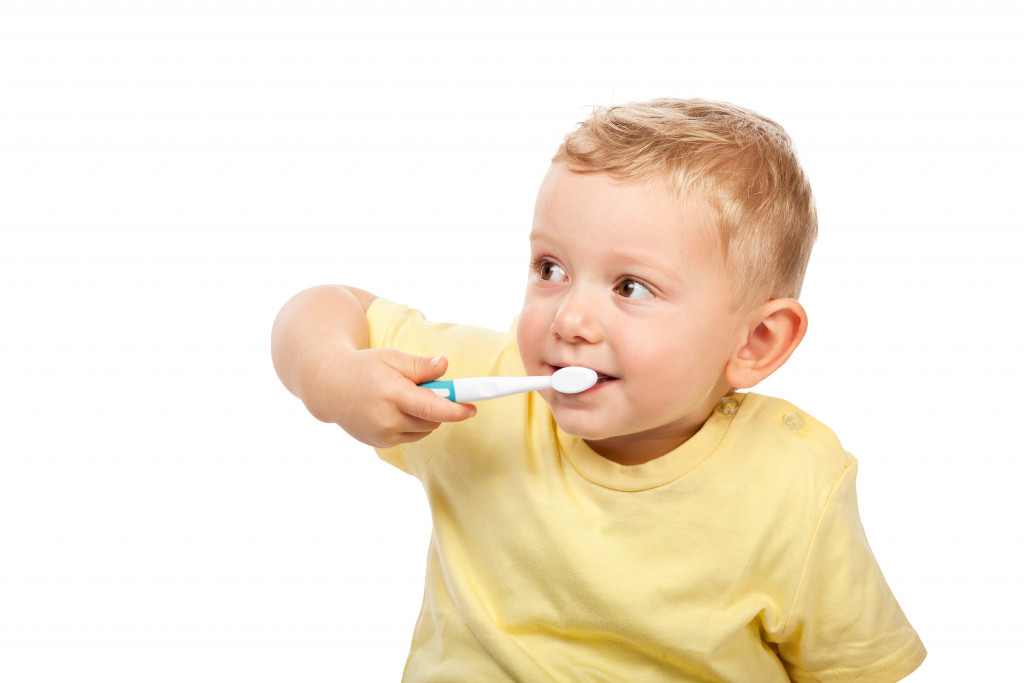- Oral pain in children, often from tooth decay or gum disease, is a common issue necessitating prompt dental intervention.
- Teething, mouth sores, and physical injuries also contribute to oral pain in youngsters, requiring appropriate treatments.
- Replacing missing teeth promptly helps in preventing harmful bacteria and potential periodontal disease.
- Regular dental checkups, good oral hygiene, and dietary habits are crucial for early detection and prevention of oral pain.
- Discouraging bad habits like smoking and drug use minimizes the risk of oral health issues contributing to pain.
Oral pain is a common problem among children, and it can be an unpleasant experience for the child and their parents. As a parent, it is essential to understand the reasons for oral pain so that you can take appropriate measures to relieve your child’s discomfort. Here’s what you need to know about oral pain, its reasons, and ways to prevent it.
Oral Pain Among Children
Three out of ten children and adolescents are estimated to suffer from oral pain. There are various reasons for this. Here are some of them:
1. Tooth Decay
Tooth decay is the most common reason for oral pain among children. It is caused by the accumulation of bacteria on the teeth, leading to cavities forming. Symptoms of tooth decay include sensitivity to hot or cold foods and beverages, pain when biting or chewing, and visible holes in the tooth. If your child is experiencing any of these symptoms, you should take them to the dentist immediately. Treatment for tooth decay depends on the severity of the decay and can range from fillings to tooth extractions.

2. Gum Disease
Gum disease is another common cause of oral pain in children. It is caused by plaque accumulation on the teeth and gums, leading to inflammation and infection. Symptoms of gum disease include swollen and bleeding gums, bad breath, and loose teeth. Treatment for gum disease includes deep cleaning of the teeth and gums, antibiotics, and in severe cases, surgery.
3. Teething
Teething is a natural process that begins around six months of age and can cause discomfort and pain in your child’s mouth. Symptoms of teething include drooling, irritability, and swollen gums. You can help relieve your child’s discomfort by giving them a clean teething ring to chew on, rubbing their gums with a clean finger, and giving them cold foods or beverages to soothe them.
4. Mouth Sores
Various factors, including viral infections, canker sores, and injuries to the mouth, can cause mouth sores. Symptoms of mouth sores include pain, redness, and swelling of the affected area. Treatment for mouth sores includes over-the-counter pain relievers, topical anesthetics, and antiviral medications.
5. Injury
Injuries to the mouth, such as knocked-out teeth or broken jaws, can cause severe oral pain in children. If your child has suffered an injury to their mouth, seek medical attention immediately.
Preventing Oral Pain
There are also various ways you can prevent oral pain. Here are five of those ways:

Replace Missing Tooth
Once you lose a tooth, your gums are exposed to more bacteria, which can lead to periodontal disease. As such, replacing any missing teeth as soon as possible is essential. A local dentist can replace your missing tooth with a reliable fake tooth. This fake tooth is made from medical-grade material and looks natural.
Regular Dental Checkups
Regular dental checkups can help detect problems with your child’s teeth early on, reducing the risk of pain later on. It is recommended that children visit the dentist every six months for an exam and cleaning. During the appointment, the dentist will take X-rays, check for cavities, and clean your child’s teeth.
Good Oral Hygiene
Good oral hygiene is essential in preventing oral pain. You should teach your children to brush their teeth twice daily with fluoride toothpaste and floss daily. Additionally, you should encourage them to limit sugary snacks and drinks between meals, as these can lead to tooth decay.
Healthy Diet
A healthy diet is also important in preventing oral pain. You should ensure your children eat a balanced diet with plenty of fruits and vegetables, whole grains, lean proteins, and dairy products. Foods like nuts and seeds also benefit oral health as they contain essential vitamins and minerals that help keep teeth and gums strong.
Avoid Bad Habits
Bad habits like smoking, chewing tobacco, or using drugs can cause oral pain. If your child participates in any of these activities, it is essential to talk to them about the risks they pose to their oral health and encourage them to quit as soon as possible.
Understanding the causes of oral pain and taking steps to prevent it can help ensure your child has a healthy and comfortable smile. If your child is experiencing discomfort in their mouth, don’t hesitate to make an appointment with your dentist for a checkup.



















